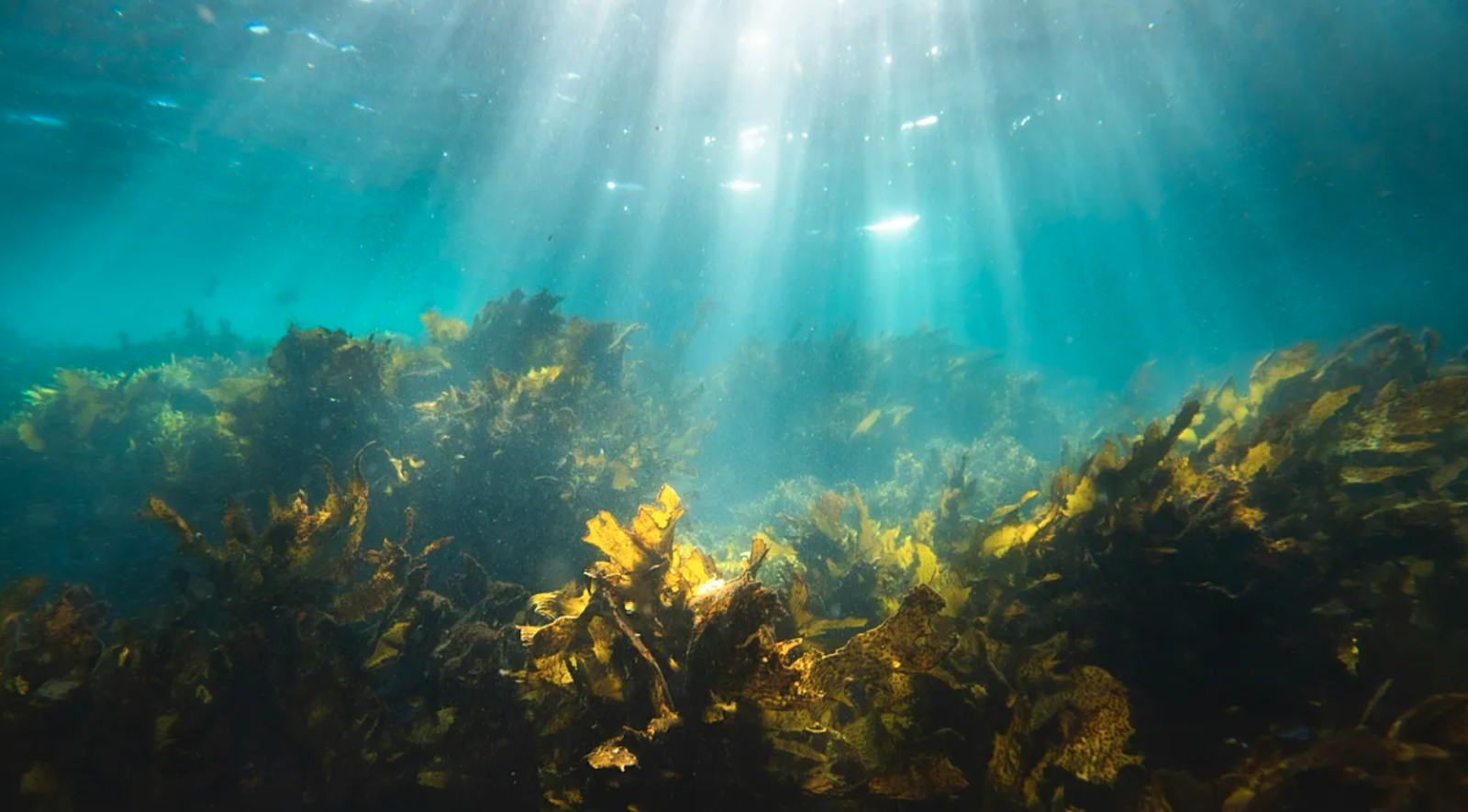
The findings, published in Scientific Reports, come from researchers at the Interdisciplinary Centre of Marine and Environmental Research (CIIMAR) and the Marine and Environmental Sciences Centre (MARE). For the first time, the team measured the carbon storage capacity of kelp species along Portugal's northern coastline, marking the first quantitative analysis of its kind in the country.
The study focused on two dominant kelp species — Laminaria hyperborea and Saccorhiza polyschides — which thrive in Portugal's unique northern coastal conditions. Researchers found these marine forests store around 16.5 gigagrams of carbon across 5,189 hectares, an area roughly the size of 5,000 football fields. Despite their limited extent, the forests' carbon storage capacity rivals or even exceeds that of much larger ecosystems.
Overall, kelp habitats account for 14% of Portugal's documented "blue carbon" reserves, which until now had only included salt marshes and seagrass meadows. They also capture about one-third of the annual carbon sequestered by the nation's marine plants.
"These habitats are often overlooked and undervalued, despite their extremely important ecological and economic role," said Francisco Arenas of CIIMAR, who co-led the research.
But the study warns that climate change is already reshaping these ecosystems. Rising sea temperatures are driving a process of "tropicalisation," allowing warmer-water species to expand northwards and putting Portugal's kelp forests — the southernmost frontier for many cold-water species — at risk.
This ecological shift threatens not only biodiversity but also the forests' capacity to capture carbon, raising concerns about the loss of a key natural ally in climate mitigation.
The researchers argue that kelp forests should be urgently integrated into marine protection and blue carbon policies at both national and EU levels. With the bloc's new Nature Restoration Law now being implemented, Arenas said it is "urgent to develop and apply effective restoration techniques, particularly in vulnerable habitats that also provide high levels of ecosystem services, such as marine forests."